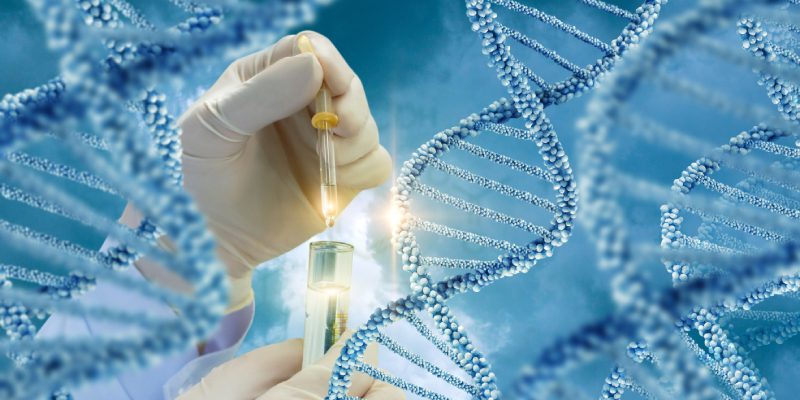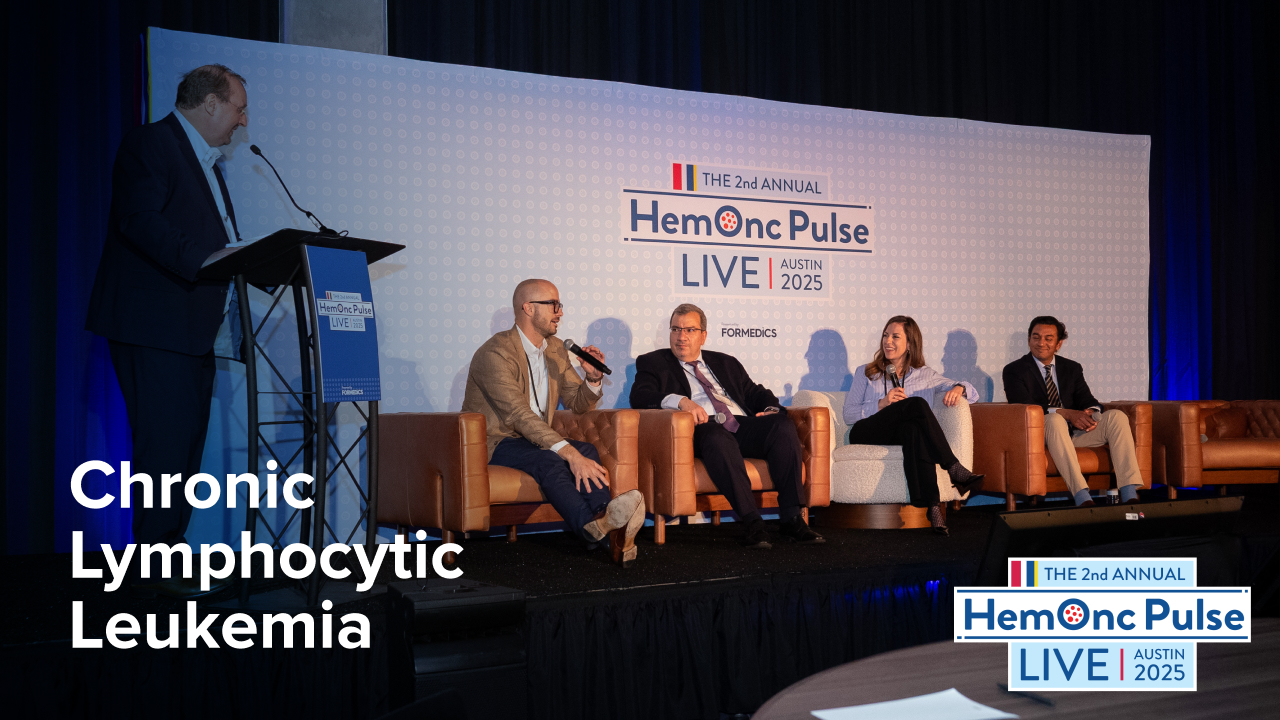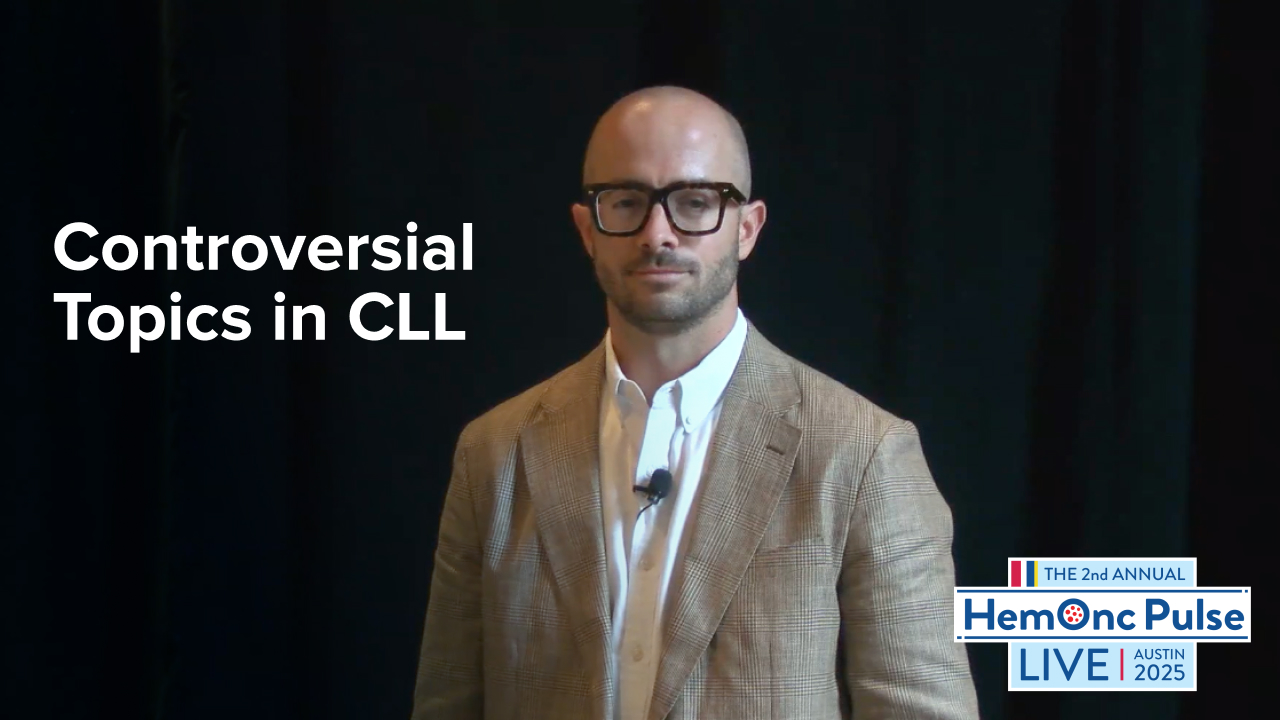
A new study suggests a rationale for targeting protein arginine methyltransferase-5 (PRMT5) in patients with relapsed or refractory mantle cell lymphoma (MCL) who have high mutation burdens.
Yuxuan Che and Yang Liu, PhD, of the MD Anderson Cancer Center, and colleagues conducted the research and published their findings in Blood Cancer Journal.
They conducted the study because “recurrent relapses and therapy resistance” are “constant challenges” for treating patients with MCL, especially those who have somatic mutations in ATM and TP53. Those somatic mutations are “accumulated as therapy resistance emerges and the disease progresses,” which is consistent with the researchers’ OncoPrint results showing that ATM and TP53 alterations were “most frequent” in relapsed or refractory MCL, they wrote.
The study showed PRMT5 was upregulated in relapsed or refractory MCL, which “predicted a poor prognosis,” according to the authors. Furthermore, PRMT5 inhibitors “displayed profound antitumor effects” in murine models of MCL with mutated ATM and/or TP53, or those that were refractory to CD19-targeted chimeric antigen receptor T-cell therapy.
Genetic knockout of PRMT5 “robustly inhibited” tumor growth in vivo, according to the study’s authors.
“Cotargeting PRMT5, and ATR or CDK4 by using their inhibitors showed synergistic antitumor effects both in vitro and in vivo,” they concluded. “Our results have provided a rational combination therapeutic strategy targeting multiple PRMT5-coordinated tumor-promoting processes for the treatment of [relapsed or refractory] MCL with high mutation burdens.”
Reference
Che Y, Liu Y, Yao Y, et al. Exploiting PRMT5 as a target for combination therapy in mantle cell lymphoma characterized by frequent ATM and TP53 mutations. Blood Cancer J. 2023;13(1):27. doi:10.1038/s41408-023-00799-6






 © 2025 Mashup Media, LLC, a Formedics Property. All Rights Reserved.
© 2025 Mashup Media, LLC, a Formedics Property. All Rights Reserved.